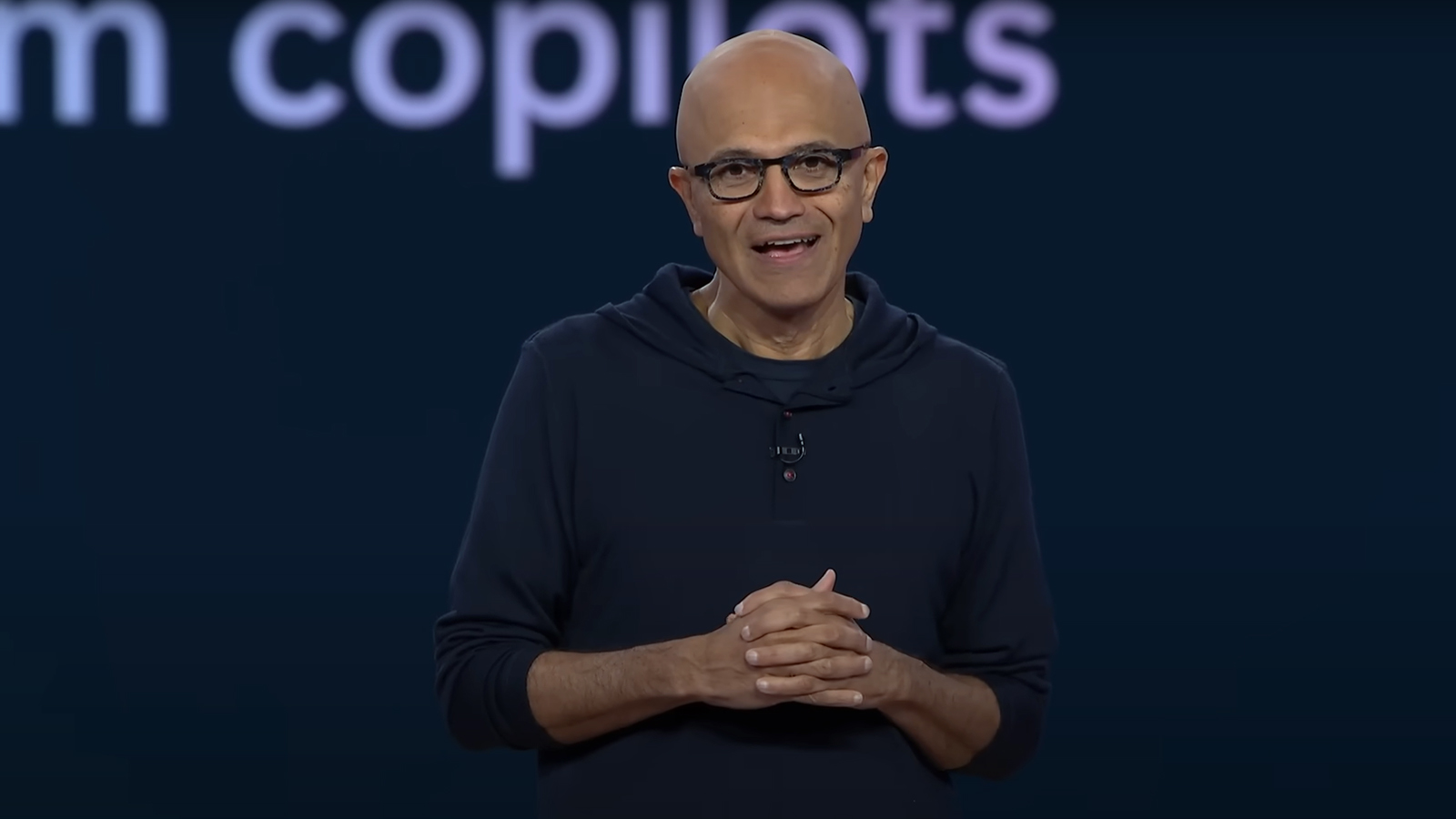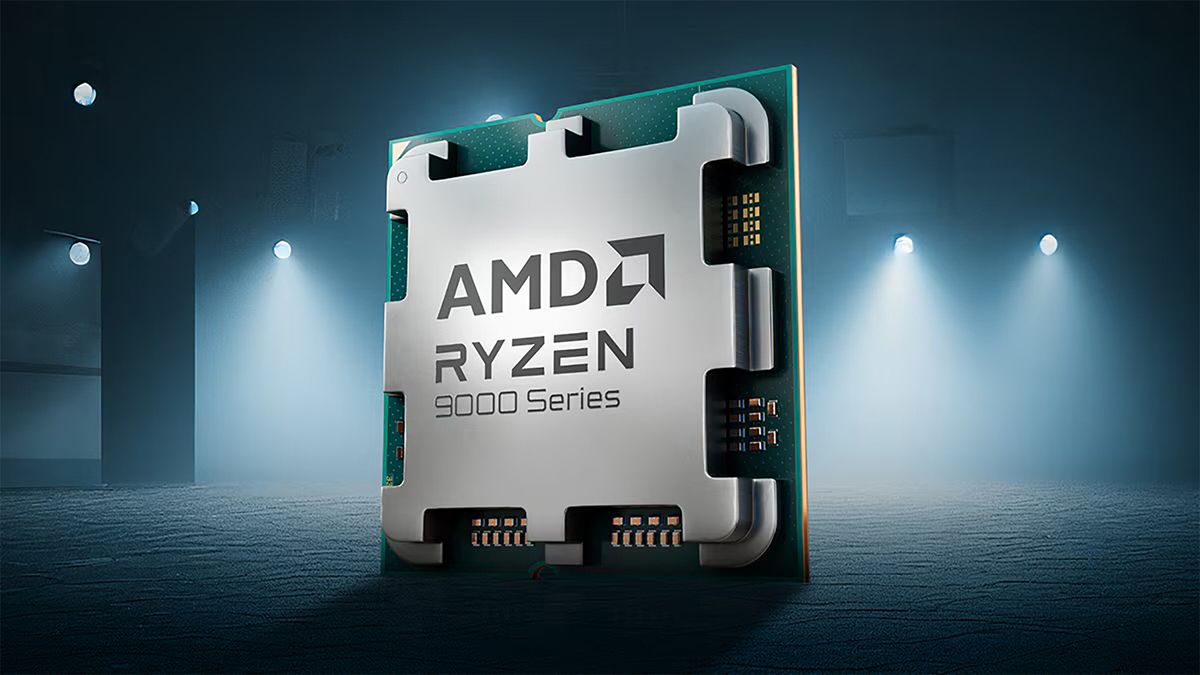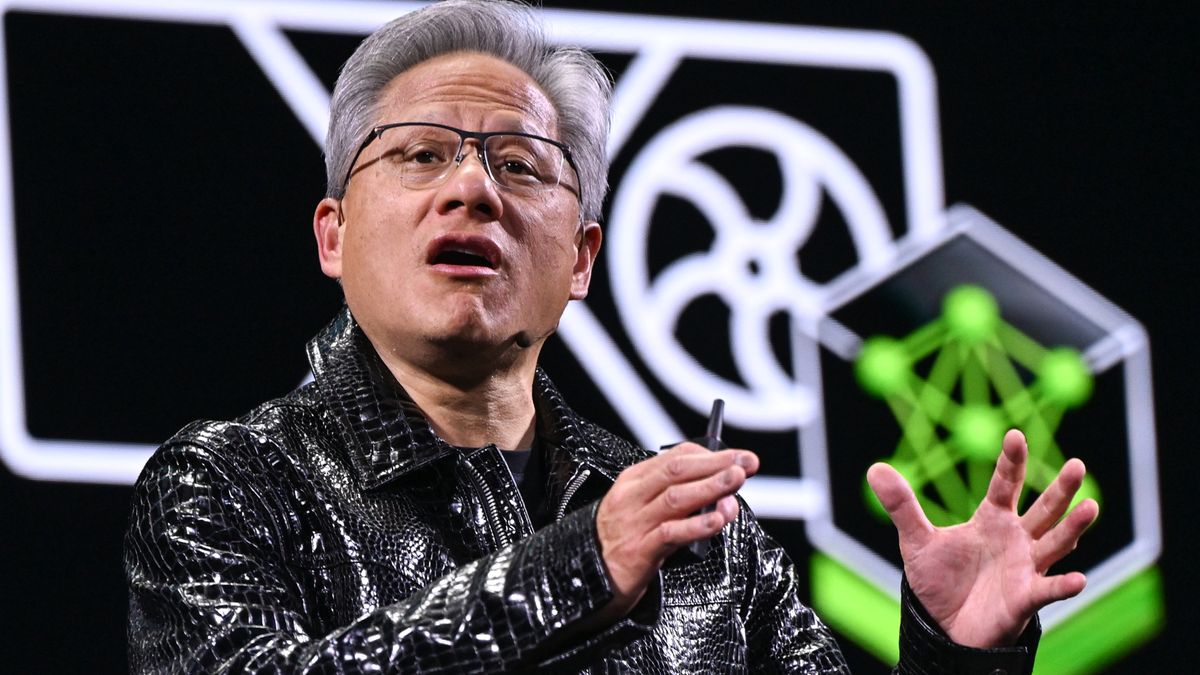Microsoft CEO Satya Nadella revealed that the company now uses Artificial Intelligence to write between 20% and 30% of the code powering its software. Satya joined Meta CEO Mark Zuckerberg this Tuesday at the LlamaCon conference to discuss developments in AI and their contributions to the open-source ecosystem. The fact that a major company like Microsoft relies so much on AI underlines how this technology is revolutionizing software development. Still, it also draws attention to the growing unease and uncertainty experienced by fresh software developers.
Almost every company uses Artificial Intelligence to a certain extent. At its Q3 financials last year, Sundar Pichai revealed that 25% of new code at Google is AI-generated. As it stands, AI is mostly there to power repetitive, data-heavy, and predictable tasks, which would yield a noticeable gain to corporate efficiency by cutting down on entry-level jobs. While it is true that AI-generated code has improved significantly over the recent years, it still requires senior developer oversight to ensure the production environment doesn't go haywire.
Mark and Satya spent part of their discussion detailing each company's AI adoption scale. AI generates one-third of the code in Microsoft's repositories and projects. The Meta CEO didn't provide an exact figure, but did outline plans for a future AI model to build and create future iterations of their Llama AI models. Although using AI to design AI might sound counterintuitive, there's an entire dedicated field that focuses on automating this design process, called AutoML.
“I’d say maybe 20%, 30% of the code that is inside of our repos today and some of our projects are probably all written by software,”
Satya Nadella, CEO of MicrosoftMicrosoft is seeing better results with AI-generated Python code than C++, remarked Satya Nadella. There are several good reasons, including Python's simpler syntax, dynamic typing style, error handling, and memory management, since C/C++ don't natively feature a garbage collector. Likewise, C/C++ are mainly related to low-level code, which can be challenging to automate. You probably wouldn't want AI to be writing the next major Windows update.
Such developments naturally lead to job displacement concerns for new programmers, particularly in today's competitive job market. That said, it would be unwise for a software developer to ignore AI or become overly dependent on it. A balanced approach, with a grasp on fundamentals, knowing how to leverage AI as a tool, and strong critical thinking skills, appears to be the best way forward. Though the future is hard to predict, this percentage will probably change.
Follow Tom's Hardware on Google News to get our up-to-date news, analysis, and reviews in your feeds. Make sure to click the Follow button.

 7 months ago
91
7 months ago
91










 English (US) ·
English (US) ·